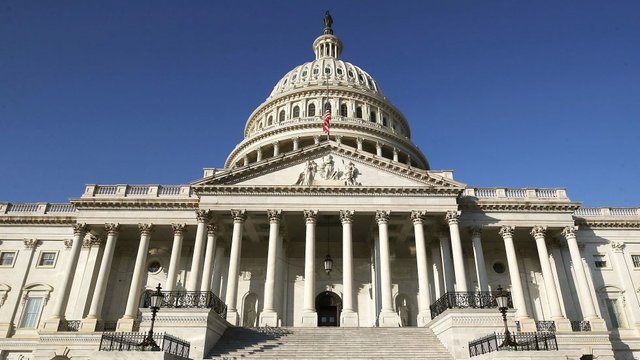Welcome to This Week in Civil Rights and Civil Liberties. Derek Chauvin was convicted for killing George Floyd, while the Supreme Court undermined its recent rulings protecting juveniles accused of serious crimes. Meanwhile, Oakland begins experimenting with alternatives to policing, while the Maryland Legislature increased procedural protections for tenants.
A jury unanimously convicted Derek Chauvin, the officer who killed George Floyd and sparked racial justice protests across the country, on all counts. For some, the verdict represented a step towards greater police accountability and future reform. But for many others, the difficulty and infrequency of guilty verdicts for police violence underscored the importance of finding community-based alternatives beyond law enforcement. In Washington, President Biden and Democrats continue to discuss federal police reform legislation. (New York Times, CNN, The Guardian)
The Supreme Court upheld the conviction of Brett Jones, a Mississippi man convicted of a crime when he was 15 and serving a life without parole (LWOP) sentence. Mr. Jones argued that the Court’s two earlier rulings, Miller v. Alabama and Montgomery v. Louisiana, rendered his sentence unconstitutional. Miller and Montgomery had eliminated juvenile LWOP except for those persons deemed “incorrigible.” But the sentencing judge in Jones’ case did not make an explicit finding of incorrigibility, which Jones argued violated Miller. Justice Brett Kavanaugh, writing for the Court, rejected that argument and held that Miller only required “a sentencer consider youth as a mitigating factor” when imposing LWOP. (SCOTUSblog)
President Joe Biden faces renewed pressure from families living along the border and civil rights groups opposing the border wall. After pledging to stop President Trump’s infamous wall along the Texas-Mexico border, the Biden Administration seized the land of another family living along the border. Land seizures like this were frequent during the Trump administration as the Federal government tried to obtain land on which to build the wall. For organizers in South Texas, the move is evidence of both a broken promise and larger frustrations with President Biden’s failure to repair a long history of injustice for those living near the border. (Texas Public Radio, Washington Post)
States, lawmakers, and the public debate the merit of “vaccine passports.” As New York rolls out its “Excelsior Pass,” a platform for establishing one’s vaccination status to access venues, other states opt to ban businesses from requiring proof of vaccination as a condition of entry. Hailed by some as necessary way to safely return to “normal,” the passports also raise serious privacy and inequality questions. The ACLU, for example, has already issued a statement on the minimum requirements of any vaccine passport that adequately protects privacy. Some public health officials have also argued that calls for vaccine mandatory misplace our policy focus on passports instead of on vaccine equity, where it should be. (NBC News, ACLU, Scientific American)
Oakland City Council moves towards establishing a community response network for 911 calls reporting certain low-level crimes, mental health issues, and wellness checks. The Mobile Assistance Community Responders of Oakland (MACRO) will begin in a small area of East Oakland several months from now. Proponents of the program view it as a first step towards reducing rates of police violence and incarceration of those with mental health issues. (Yahoo News).
Maryland becomes first state to provide lawyers for tenants facing eviction. During the pandemic, eviction moratoriums briefly kept tenants facing economic hardship. But in just five states surveyed, more than 310,000 people have been put into eviction proceedings. This has prompted at least eight states, including Maryland, to increase the availability of lawyers at housing court as nationally the vast majority of tenants proceed pro se. The law now heads to Republican Governor Larry Hogan for signature. (The Appeal)
The Supreme Court heard argument last week in a case that could have significant implications for the over 400,000 noncitizens currently in the country with Temporary Protected Status (TPS). The question before the Court is whether those on TPS were “admitted” such that they can now apply for adjustment of status under 8 U.S.C. § 1225 without having to leave the country first. While the exact statutory issue is somewhat technical, the case could prevent TPS holders, many of whom have been in the country for decades, from ever achieving permanent residency. If the Court holds that TPS does not constitute an “admission” for immigration purposes, then the 400,000 people currently on that status would have to complete their immigration adjustment process from their home country. But TPS is a humanitarian designation and most of the status holders cannot return to their home countries. (SCOTUSblog)

